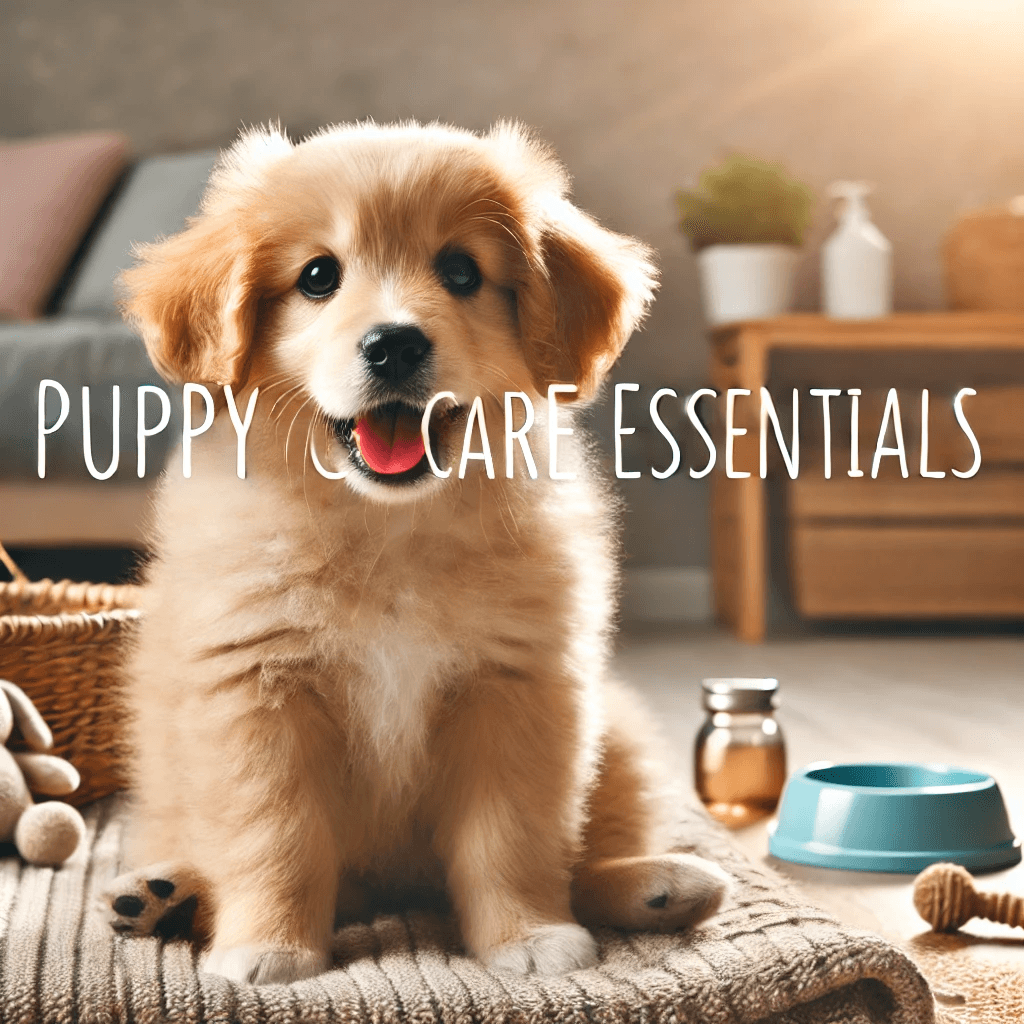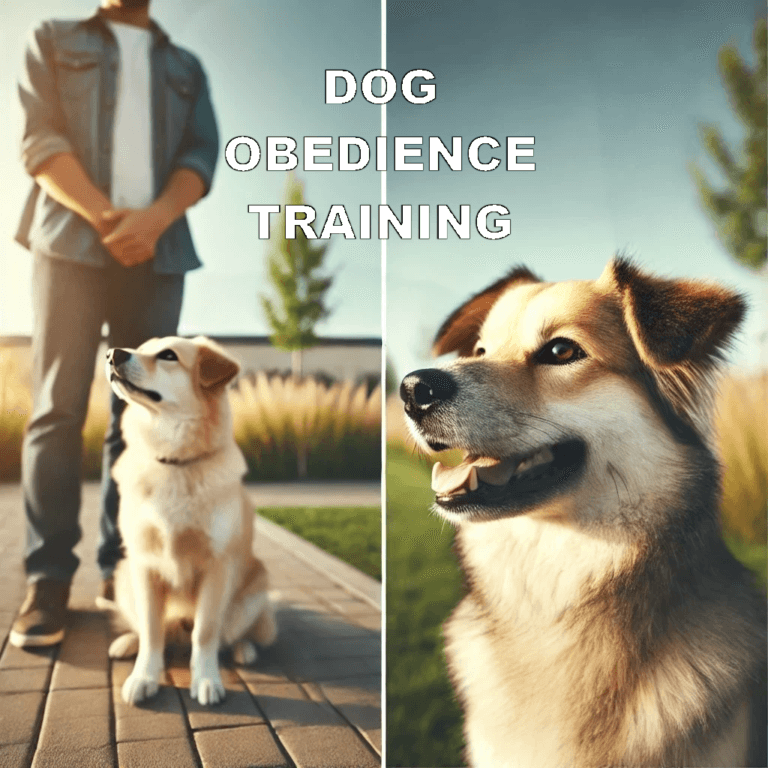Nutrition and Feeding : What is the best type of food for puppy care based on their breed, age, and 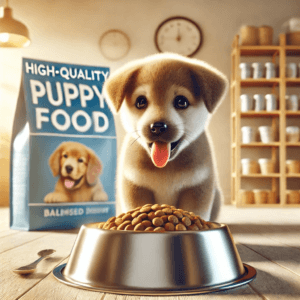 dietary needs?
dietary needs?
Answer: Choosing the right type of food for your puppy is crucial for their growth and health. Puppies need a diet rich in protein, fat, vitamins, and minerals to support their developing bodies. The best food for puppy care depends on several factors:
- Breed and Size: Small breed puppies require food that provides high energy in small portions, while large breed puppies benefit from food that supports slow and steady growth to prevent joint problems.
- Age: Puppies under six weeks are typically nursing, but after weaning, they need a high-quality puppy food. Ensure that the food you choose is labeled “complete and balanced” for puppies by the Association of American Feed Control Officials (AAFCO).
- Nutritional Needs: Some puppies may have specific dietary needs, such as grain-free food for sensitivities or hypoallergenic food for allergies.
Consult your veterinarian to determine the most appropriate food for your puppy’s unique requirements.
Health and Vet Care : What vaccinations are essential for puppy care, and when should they be given?
 Answer: Vaccinations are a critical part of puppy care and help protect your puppy from serious illnesses. Here is a general vaccination schedule:
Answer: Vaccinations are a critical part of puppy care and help protect your puppy from serious illnesses. Here is a general vaccination schedule:
- 6-8 Weeks: First round of vaccinations, including distemper, parvovirus, and canine hepatitis. Some vets may start the Bordetella (kennel cough) vaccine.
- 10-12 Weeks: Second round of core vaccines, including distemper, parvovirus, adenovirus, and potentially leptospirosis.
- 14-16 Weeks: Final core vaccines and a rabies shot, as required by law.
- Yearly Boosters: After the initial vaccinations, your puppy will need annual booster shots to stay protected.
Always discuss your puppy’s specific vaccination needs with your vet, especially if they are at higher risk due to their environment or lifestyle.
Training and Socialization : What are the most effective puppy care techniques for housebreaking my puppy?
Answer: Housebreaking your puppy requires patience, consistency, and positive reinforcement. Here’s an effective approach for puppy care:
- Establish a Routine: Take your puppy outside frequently, especially after eating, drinking, playing, or waking up. Puppies have small bladders and need regular opportunities to relieve themselves.
- Choose a Designated Spot: Take your puppy to the same spot each time. The familiar scent will encourage them to go there.
- Reward Good Behavior: Use treats, praise, and affection immediately after your puppy goes potty outside. Positive reinforcement helps them associate going outside with a reward.
- Supervise and Limit Space: Until your puppy is fully house-trained, supervise them indoors and limit access to areas where accidents could occur. Crate training can be a helpful tool in housebreaking.
Remember, never punish your puppy for accidents, as this can create fear and hinder the training process.
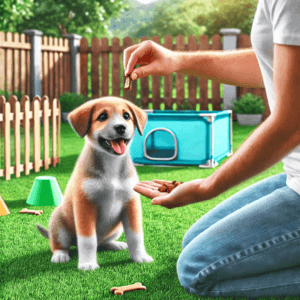
Exercise and Play : How much exercise is ideal for puppy care based on my puppy’s breed and energy level?
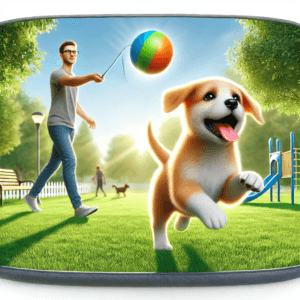 Answer: The amount of exercise your puppy needs depends on their breed, age, and energy level. Here are some guidelines:
Answer: The amount of exercise your puppy needs depends on their breed, age, and energy level. Here are some guidelines:
- Young Puppies: Puppies under three months of age do not require structured exercise. Allow them to play in a safe environment.
- 3-6 Months: Start with short, gentle play sessions and walks. A good rule of thumb is five minutes of exercise per month of age, twice a day.
- High-Energy Breeds: Breeds like Border Collies and Labradors require more physical and mental stimulation, while low-energy breeds like Bulldogs need less.
- Mental Stimulation: In addition to physical exercise, engage your puppy with interactive toys and training sessions to keep their mind active.
Always monitor your puppy during exercise to avoid overexertion and protect their developing joints.
Grooming and Hygiene : How often should I bathe my puppy for optimal puppy care, and which shampoo is best?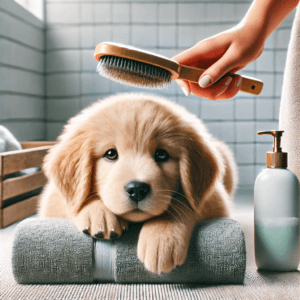
- Short-Haired Breeds: Bathe every 2-3 months or when they get dirty.
- Long-Haired Breeds: Bathing every 1-2 months may be necessary, especially if they spend time outdoors.
- Shampoo Choice: Use a gentle, puppy-specific shampoo that is free from harsh chemicals. Human shampoos are too acidic for a puppy’s sensitive skin. For puppies with sensitive skin, look for hypoallergenic options.
Make bathing a positive experience by using treats and praise, and always rinse thoroughly to avoid skin irritation.


